Home>Gardening & Outdoor>Landscaping Ideas>How To Treat Weeds In Bermuda Grass
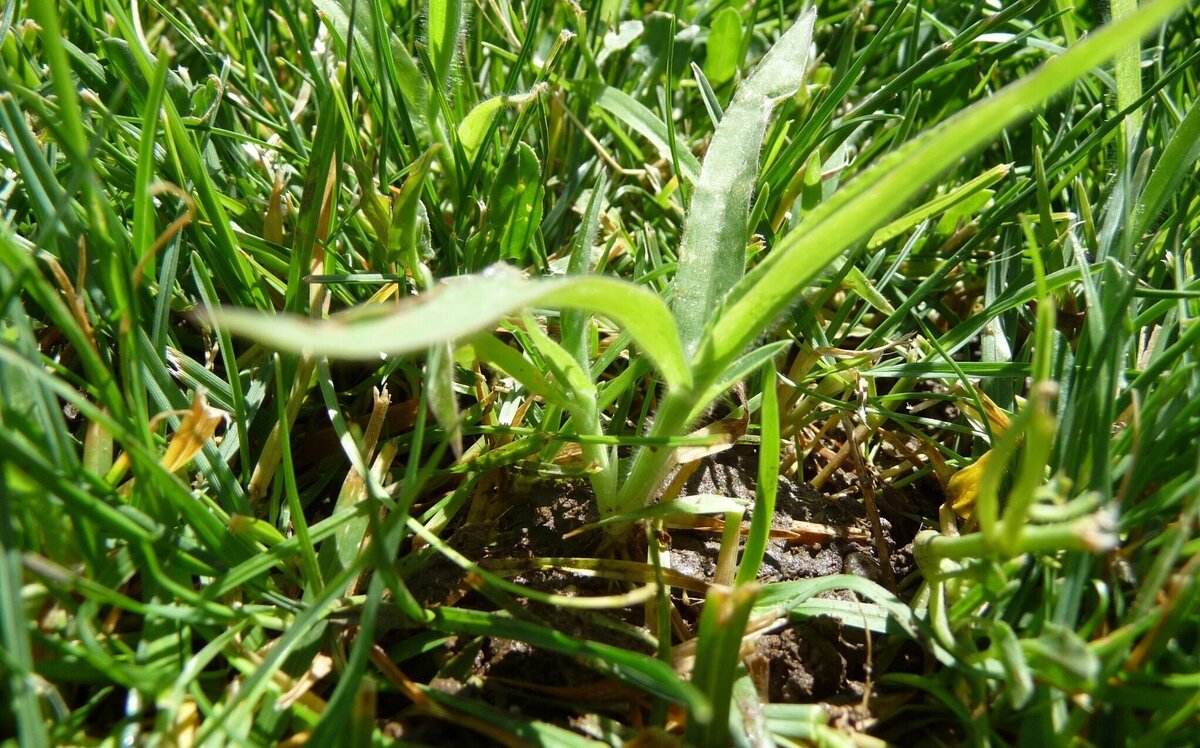

Landscaping Ideas
How To Treat Weeds In Bermuda Grass
Published: January 26, 2024
Discover effective landscaping ideas for treating weeds in Bermuda grass. Learn how to maintain a healthy lawn with our expert tips and solutions.
(Many of the links in this article redirect to a specific reviewed product. Your purchase of these products through affiliate links helps to generate commission for Storables.com, at no extra cost. Learn more)
**
Introduction
**
Welcome to the world of Bermuda grass, where lush green lawns and vibrant landscapes abound. However, amidst the beauty of this resilient and versatile grass, the persistent challenge of weed management often arises. As a proud Bermuda grass owner, it’s crucial to understand how to effectively treat weeds without compromising the health and aesthetics of your lawn.
In this comprehensive guide, we will delve into the intricacies of Bermuda grass and the various methods for treating weeds. Whether you’re a seasoned lawn enthusiast or a novice green thumb, this article will equip you with the knowledge and strategies needed to maintain a weed-free Bermuda grass lawn.
Let’s embark on a journey to explore the best practices for nurturing a thriving Bermuda grass lawn while effectively combating the pesky invaders known as weeds. Whether you’re dealing with common culprits like crabgrass and dandelions or encountering more tenacious varieties, this guide will provide you with the insights and techniques necessary to reclaim your lawn’s pristine appearance. So, roll up your sleeves and get ready to discover the secrets of weed management in Bermuda grass!
**
Key Takeaways:
- Bermuda grass is resilient and adaptable, but understanding its growth patterns and implementing proper maintenance practices is crucial for preventing weed infestations and maintaining a healthy lawn.
- From manual weed removal to natural and organic control methods, there are diverse strategies for managing weeds in Bermuda grass, allowing homeowners to reclaim the pristine allure of their turfgrass.
Read more: How To Keep Weeds Out Of Bermuda Grass
Understanding Bermuda Grass
**
Before delving into the specifics of weed treatment, it’s essential to grasp the nature of Bermuda grass itself. This warm-season turfgrass is renowned for its exceptional resilience and adaptability, making it a popular choice for lawns, golf courses, and athletic fields.
Bermuda grass thrives in regions with hot, arid climates, displaying remarkable tolerance to drought and heat. Its fine texture and dense growth habit contribute to its aesthetic appeal, while its vigorous spreading nature enables it to rapidly fill in bare patches and withstand heavy foot traffic.
One of the key characteristics of Bermuda grass is its aggressive growth, which can pose a challenge when managing weed infestations. However, this same vigor also provides an advantage in outcompeting weeds when the grass is healthy and well-nourished.
Understanding the growth patterns, nutrient requirements, and optimal growing conditions for Bermuda grass is fundamental to maintaining a robust and weed-resistant lawn. By implementing proper mowing, watering, and fertilization practices, you can foster a dense and healthy Bermuda grass turf that naturally inhibits weed establishment.
Furthermore, familiarizing yourself with the various cultivars of Bermuda grass, such as common Bermuda, hybrid Bermuda, and improved varieties, can aid in selecting the most suitable type for your specific climate and landscaping needs. Each cultivar may exhibit distinct growth habits and maintenance requirements, influencing its susceptibility to weed encroachment.
By gaining a deeper understanding of Bermuda grass and its growth dynamics, you’ll be better equipped to implement targeted weed control strategies that align with the unique attributes of this resilient turfgrass. Now that we’ve laid the groundwork for comprehending Bermuda grass, let’s turn our attention to identifying the common weeds that often infiltrate its verdant expanse.
**
Identifying Common Weeds in Bermuda Grass
**
As a Bermuda grass aficionado, being able to recognize and differentiate between common weeds is a crucial skill in maintaining a pristine lawn. Various weed species have the potential to encroach upon Bermuda grass, disrupting its uniformity and detracting from its visual allure. By familiarizing yourself with these unwelcome intruders, you can take proactive measures to address them effectively.
One prevalent adversary of Bermuda grass is crabgrass (Digitaria sanguinalis), a warm-season annual weed that thrives in bare or thin areas of the lawn. Recognizable by its low-growing, spreading habit and distinctive seed heads, crabgrass can quickly overrun Bermuda grass if left unchecked. Its ability to outcompete the grass for resources makes it a formidable foe in the battle for turf dominance.
Another common nuisance is the broadleaf weed known as dandelion (Taraxacum officinale). With its characteristic yellow flowers and deeply lobed leaves, dandelions can mar the uniformity of a Bermuda grass lawn, presenting a persistent challenge for homeowners striving for flawless turf aesthetics.
Furthermore, the presence of invasive grassy weeds like dallisgrass (Paspalum dilatatum) and goosegrass (Eleusine indica) can disrupt the uniformity of Bermuda grass lawns, necessitating targeted control measures to prevent their proliferation.
Identifying these and other common weeds that frequently encroach upon Bermuda grass empowers you to tailor your weed management approach to address specific threats effectively. By honing your ability to discern between grassy weeds, broadleaf weeds, and sedges, you can implement precise treatment methods that target each weed type without adversely impacting your Bermuda grass.
Equipped with the knowledge of Bermuda grass and the common weeds that vie for space within its emerald carpet, you’re now prepared to explore the diverse strategies for preventing weed infestations and maintaining the pristine allure of your Bermuda grass lawn.
**
Prevention and Maintenance
**
When it comes to preserving the lush beauty of your Bermuda grass lawn, a proactive approach to weed prevention and regular maintenance is paramount. By implementing sound cultural practices and adopting preventive measures, you can create an environment that discourages weed establishment and fosters the flourishing growth of your turfgrass.
Proper mowing practices play a pivotal role in maintaining a healthy Bermuda grass lawn while inhibiting weed proliferation. Regular mowing at the recommended height for Bermuda grass—typically around 1 to 1.5 inches—promotes the development of a dense turf canopy that shades the soil, reducing the opportunity for weed seeds to germinate and take root.
Additionally, consistent and adequate irrigation is essential for sustaining the vigor of Bermuda grass and minimizing the likelihood of weed encroachment. By adhering to a watering schedule that promotes deep root growth and drought resistance, you can fortify your lawn against the competitive advances of opportunistic weeds.
Furthermore, the application of balanced fertilizers tailored to the specific nutrient requirements of Bermuda grass can bolster its resilience and vitality, enabling it to outcompete weeds and maintain an impeccable appearance throughout the growing season.
Regular dethatching and aeration are indispensable components of Bermuda grass maintenance, as they facilitate optimal air, water, and nutrient penetration into the soil, fostering a robust and resilient turf that is less susceptible to weed incursions.
By integrating these preventive measures into your lawn care regimen, you can establish a foundation for a healthy and weed-resistant Bermuda grass lawn. However, despite diligent maintenance efforts, the occasional emergence of weeds may necessitate targeted intervention to preserve the pristine expanse of your turfgrass.
Now that we’ve explored the proactive strategies for preventing weed infestations, let’s delve into the methods for addressing existing weeds and restoring the unblemished splendor of your Bermuda grass lawn.
**
Regularly mow Bermuda grass to a height of 1-2 inches to promote dense growth and shade out weeds. Apply a pre-emergent herbicide in early spring to prevent weed seeds from germinating.
Manual Removal of Weeds
**
When confronting isolated weed invasions in your Bermuda grass lawn, manual removal can be an effective and environmentally friendly method for eradicating unwanted intruders. Armed with a few essential tools and a meticulous approach, you can methodically eliminate individual weeds while safeguarding the health and integrity of your turfgrass.
Before embarking on the weed removal process, it’s crucial to identify the specific types of weeds present in your lawn. Grassy weeds such as crabgrass and goosegrass necessitate a targeted approach, while broadleaf weeds like dandelions and clover require distinct removal techniques.
For grassy weeds, such as crabgrass, carefully excavating the entire plant, including its roots, is essential to prevent regrowth. Utilizing a hand tool, such as a dandelion digger or a weeding knife, enables precise extraction without disturbing the surrounding Bermuda grass.
When contending with broadleaf weeds, ensuring thorough removal of the entire plant, including its taproot, is imperative to prevent resurgence. Employing a handheld weeder or a similar implement facilitates the precise extraction of broadleaf weeds, minimizing the likelihood of residual regrowth.
After removing the weeds, promptly fill any resulting gaps in the turf with suitable soil and gently compact the area to promote seamless integration with the surrounding Bermuda grass. Following this meticulous approach to manual weed removal helps maintain the uniformity and aesthetic appeal of your lawn while mitigating the need for chemical interventions.
While manual weed removal is effective for addressing sporadic weed occurrences, persistent or widespread infestations may necessitate complementary treatment methods to achieve comprehensive weed control. In the subsequent sections, we’ll explore chemical treatment options and natural, organic approaches to weed management, providing you with a diverse toolkit for reclaiming the immaculate splendor of your Bermuda grass lawn.
**
Read more: What Kills Weeds But Not Bermuda Grass
Chemical Treatment Options
**
When confronted with pervasive or tenacious weed infestations in your Bermuda grass lawn, chemical treatments can offer a targeted and efficient means of eradicating weeds while safeguarding the vitality of your turfgrass. Selective herbicides formulated specifically for Bermuda grass enable precise weed control without compromising the health and aesthetics of your lawn.
For grassy weed management, selective herbicides containing active ingredients such as quinclorac or fenoxaprop target invasive grasses while preserving the integrity of Bermuda grass. These herbicides disrupt the growth and development of undesirable grassy weeds, effectively suppressing their proliferation within the turf canopy.
When contending with broadleaf weeds like dandelions and clover, selective herbicides containing 2,4-D, dicamba, or MCPP provide targeted control, effectively eliminating these unwelcome intruders while minimizing impact on Bermuda grass.
Prior to applying any herbicidal treatments, it’s imperative to carefully read and adhere to the manufacturer’s instructions, ensuring proper dilution rates, application timings, and safety precautions. Selective herbicides should be applied when the target weeds are actively growing and exhibiting susceptibility to treatment, maximizing the efficacy of the chemical intervention.
Following the application of selective herbicides, it’s essential to monitor the treated areas for any signs of weed regression and to assess the overall impact on the Bermuda grass. In some instances, a follow-up application may be necessary to address persistent weed populations and achieve comprehensive control.
While chemical treatments can be highly effective for managing weeds in Bermuda grass, exercising caution and precision in their application is paramount to mitigate any potential risks to the surrounding environment and desirable vegetation. By integrating chemical treatment options into your weed management arsenal, you can effectively combat stubborn weed infestations and restore the unblemished allure of your Bermuda grass lawn.
As we’ve explored the efficacy of chemical treatments for weed control, we’ll now shift our focus to natural and organic methods that offer environmentally friendly alternatives for nurturing a vibrant and weed-free Bermuda grass lawn.
**
Natural and Organic Weed Control Methods
**
For conscientious homeowners seeking environmentally friendly alternatives to traditional chemical treatments, natural and organic weed control methods offer effective strategies for managing weed infestations in Bermuda grass while promoting ecological sustainability.
Mechanical weed control, encompassing techniques such as hand-pulling and hoeing, provides a non-invasive means of eradicating weeds without the use of synthetic chemicals. By diligently removing weeds by hand or employing manual tools like hoes and weed pullers, you can systematically address weed encroachments while preserving the natural integrity of your Bermuda grass lawn.
Mulching serves as a dual-purpose approach, imparting both aesthetic appeal and weed suppression benefits. Applying a layer of organic mulch, such as wood chips or straw, around Bermuda grass plantings helps smother weeds, inhibit their germination, and conserve soil moisture, fostering a conducive environment for the thriving growth of your turfgrass.
Vinegar-based herbicides, derived from acetic acid, offer a natural and biodegradable weed control solution. When applied judiciously to target weeds, vinegar-based herbicides effectively desiccate and suppress weed growth, offering a sustainable alternative to conventional chemical treatments.
Furthermore, the integration of cultural practices, such as overseeding and promoting dense turf growth, can fortify Bermuda grass against weed encroachments. Overseeding with improved Bermuda grass cultivars enhances the density and uniformity of the turf, minimizing opportunities for weed establishment and bolstering the lawn’s resilience to weed incursions.
Utilizing natural pre-emergent herbicides derived from corn gluten meal offers a proactive approach to weed management, inhibiting the germination of weed seeds while enriching the soil with organic nutrients. This natural alternative serves as a preventive measure, impeding the establishment of weeds in Bermuda grass lawns and reducing reliance on synthetic herbicidal treatments.
By incorporating these natural and organic weed control methods into your lawn care regimen, you can foster a vibrant and sustainable Bermuda grass lawn while effectively managing weed infestations without compromising environmental integrity.
As we’ve explored the diverse array of natural and organic approaches to weed control, we’ll now conclude our exploration with a recap of the key insights and strategies for maintaining a pristine and weed-free Bermuda grass lawn.
**
Conclusion
**
Embarking on the journey to treat weeds in Bermuda grass has equipped you with a comprehensive understanding of the strategies and techniques essential for maintaining a thriving and immaculate lawn. From unraveling the nuances of Bermuda grass to identifying common weeds and exploring diverse treatment methods, you’ve gained the insights needed to nurture a vibrant and weed-resistant turfgrass.
By comprehending the unique growth habits and maintenance requirements of Bermuda grass, you’ve laid the groundwork for fostering a resilient and aesthetically pleasing lawn. Implementing preventive measures, such as proper mowing, irrigation, and fertilization, serves as a cornerstone for minimizing weed encroachments and preserving the lush expanse of your Bermuda grass.
When confronted with weeds, whether grassy or broadleaf, you’ve explored an array of targeted treatment options, ranging from selective herbicides to natural and organic control methods. These diverse approaches provide you with a versatile toolkit for addressing weed infestations while upholding the health and allure of your Bermuda grass lawn.
Whether opting for manual weed removal, harnessing the efficacy of chemical treatments, or embracing natural and organic alternatives, you have the means to reclaim the unblemished splendor of your Bermuda grass and cultivate a landscape that embodies both beauty and sustainability.
Armed with this knowledge, you are empowered to embark on a journey of nurturing a vibrant and weed-free Bermuda grass lawn, where the resilience of the turfgrass harmonizes with the natural splendor of a well-tended landscape. By integrating the principles and practices elucidated in this guide, you can embark on a fulfilling and rewarding endeavor, cultivating a Bermuda grass lawn that stands as a testament to your dedication and horticultural acumen.
As you embark on this journey, remember that the pursuit of a flawless Bermuda grass lawn is not merely a horticultural endeavor; it is a testament to your unwavering commitment to creating a verdant oasis that beckons with its allure and captivates with its timeless elegance.
Frequently Asked Questions about How To Treat Weeds In Bermuda Grass
Was this page helpful?
At Storables.com, we guarantee accurate and reliable information. Our content, validated by Expert Board Contributors, is crafted following stringent Editorial Policies. We're committed to providing you with well-researched, expert-backed insights for all your informational needs.
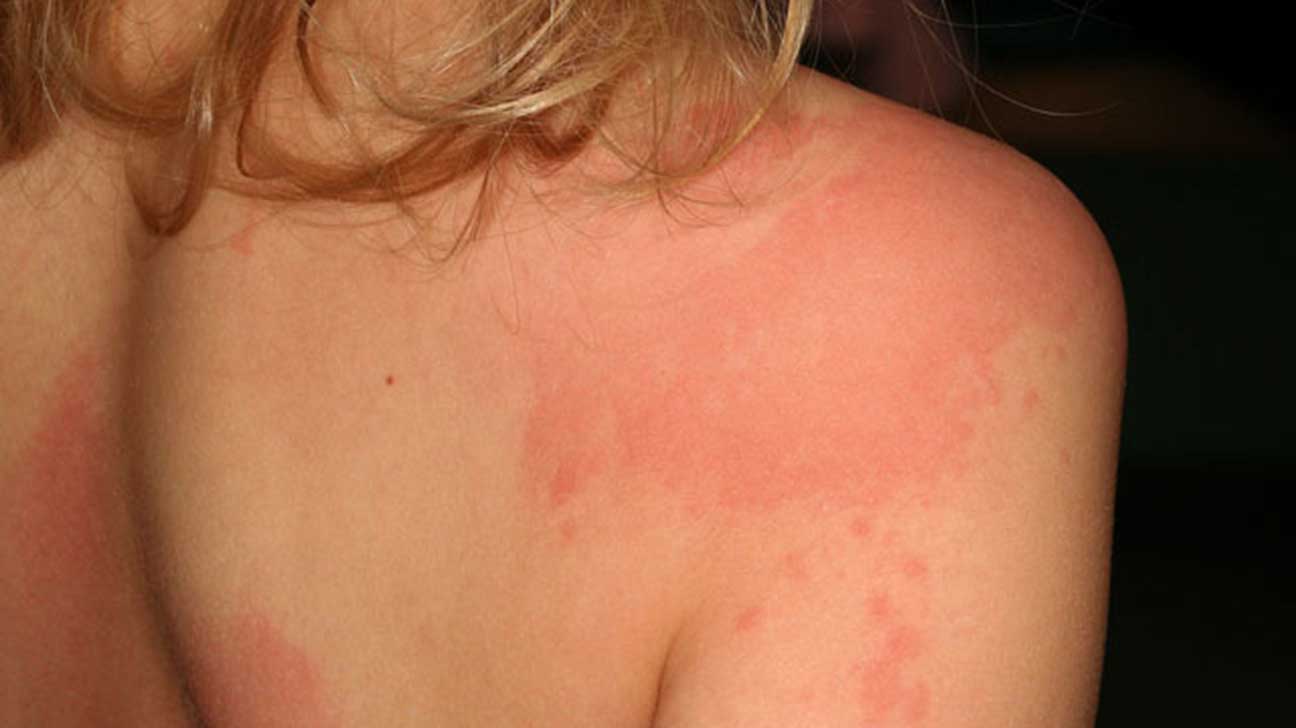

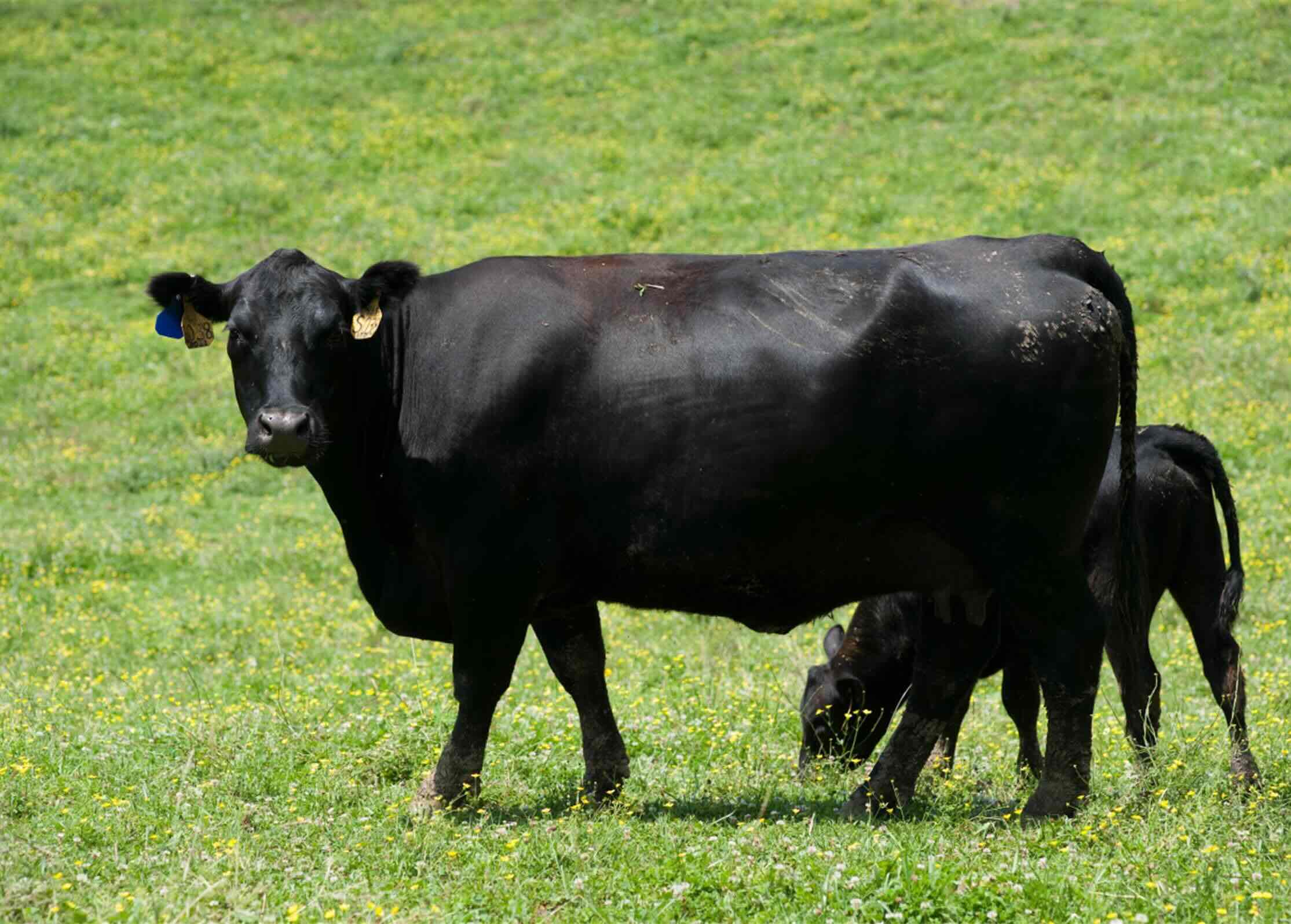
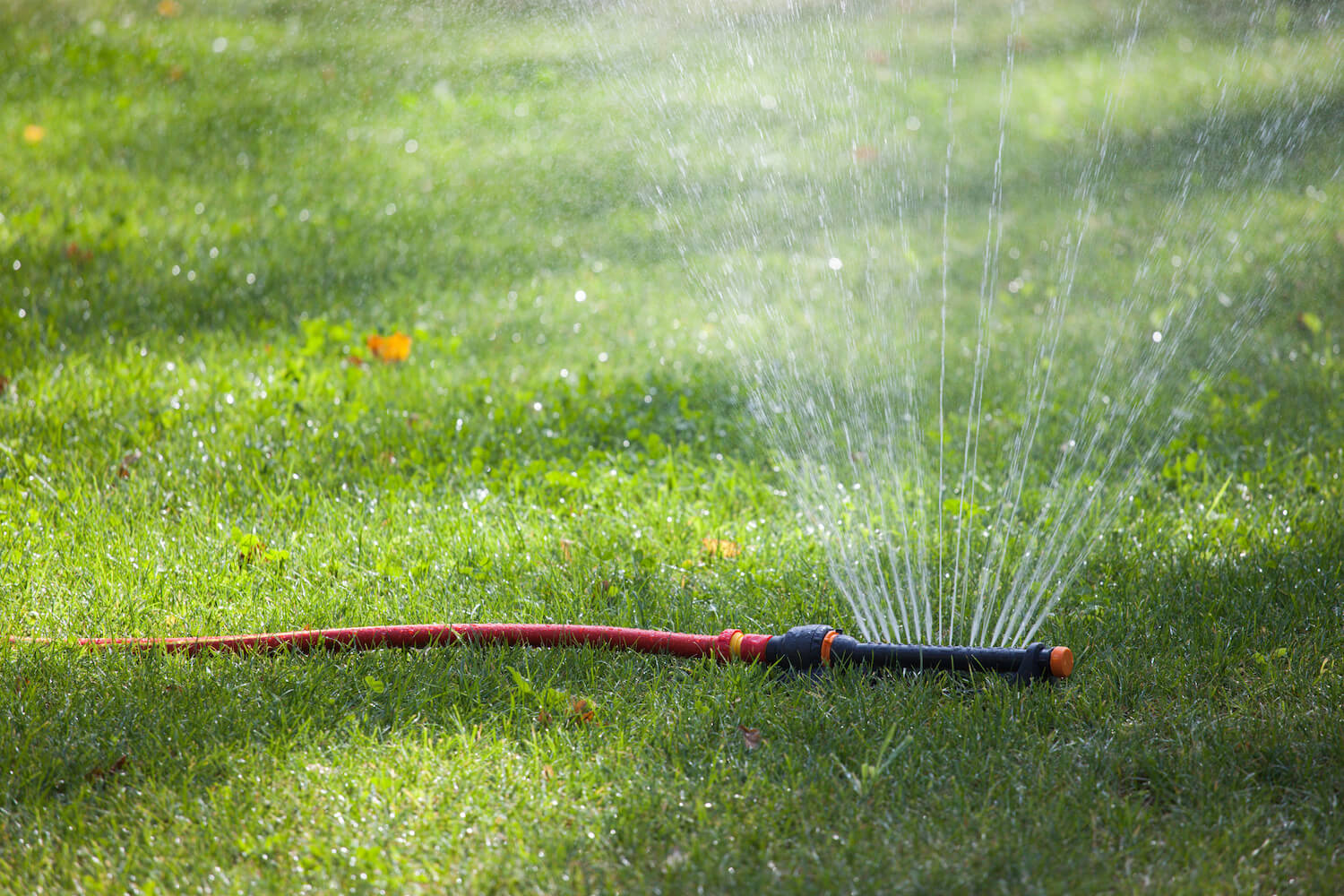
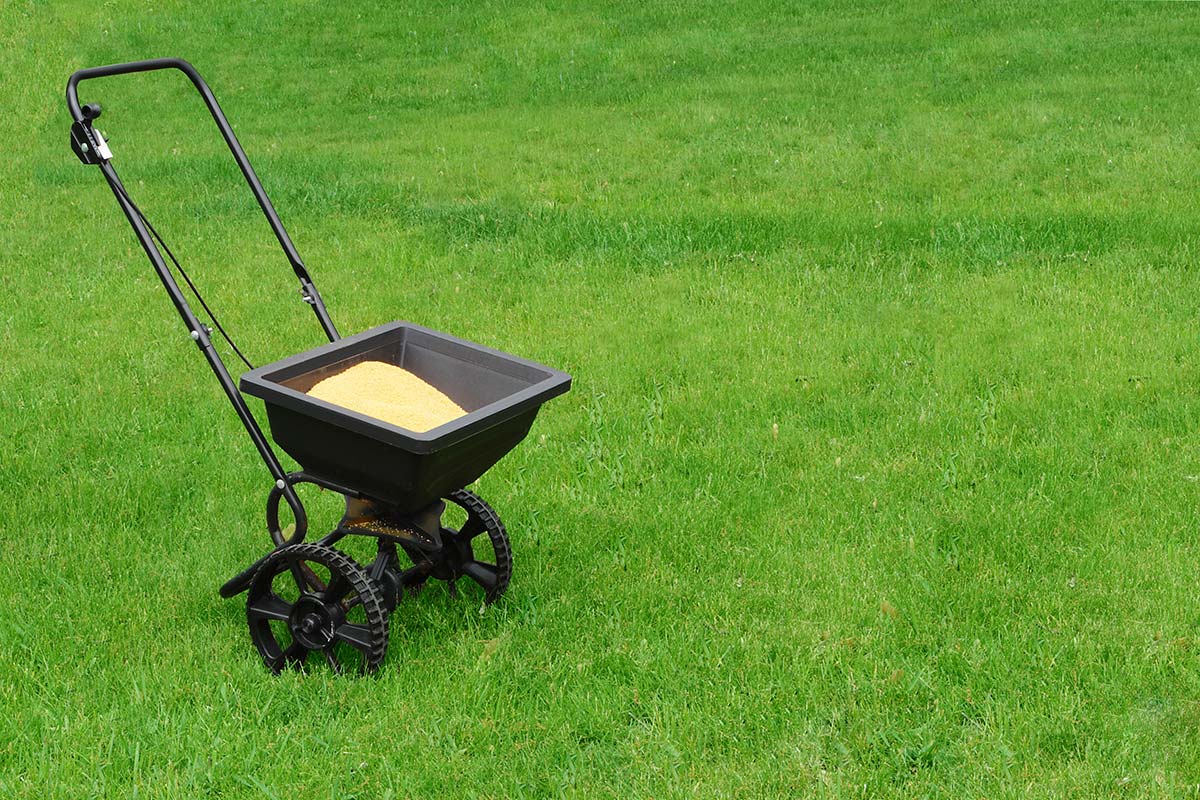
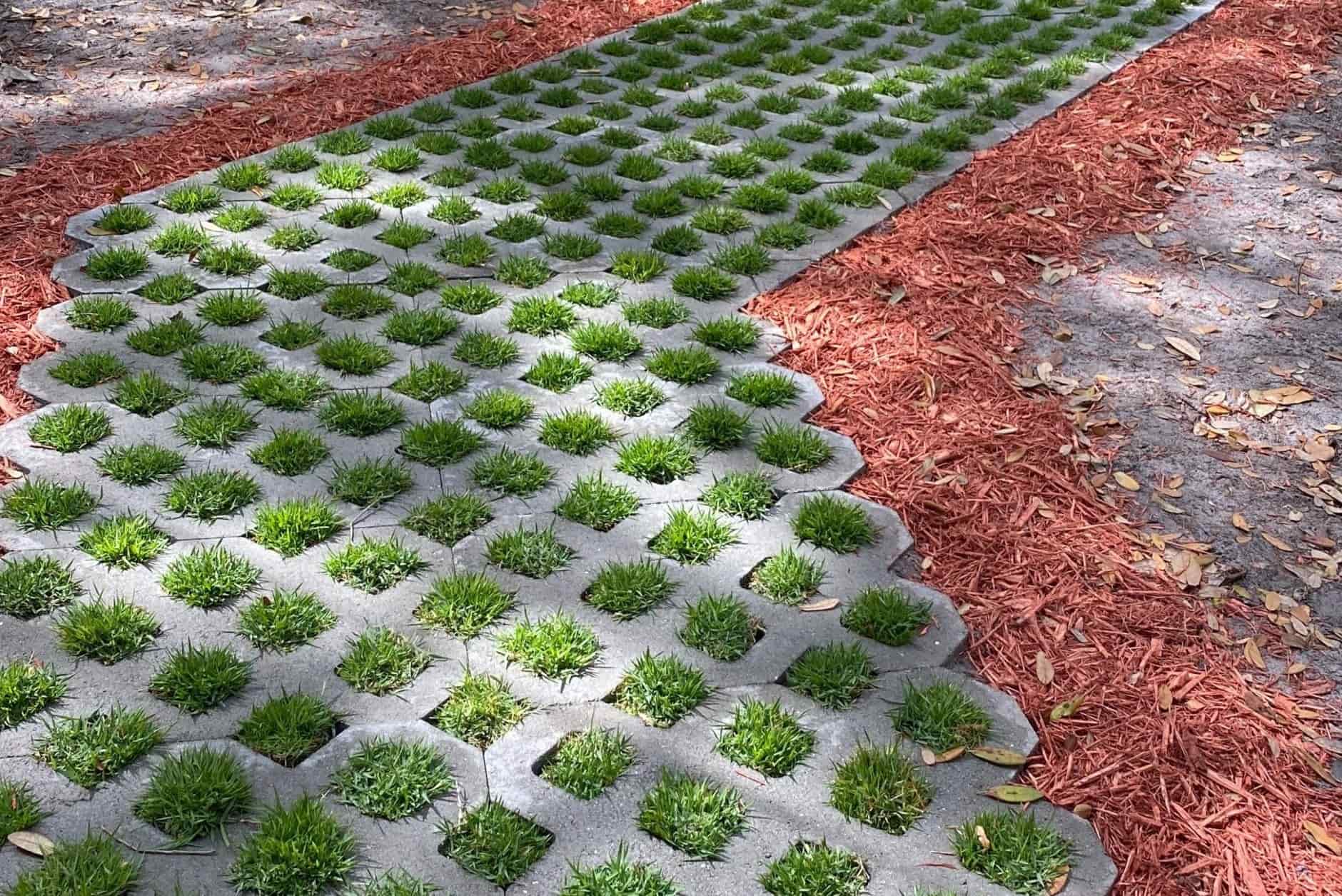
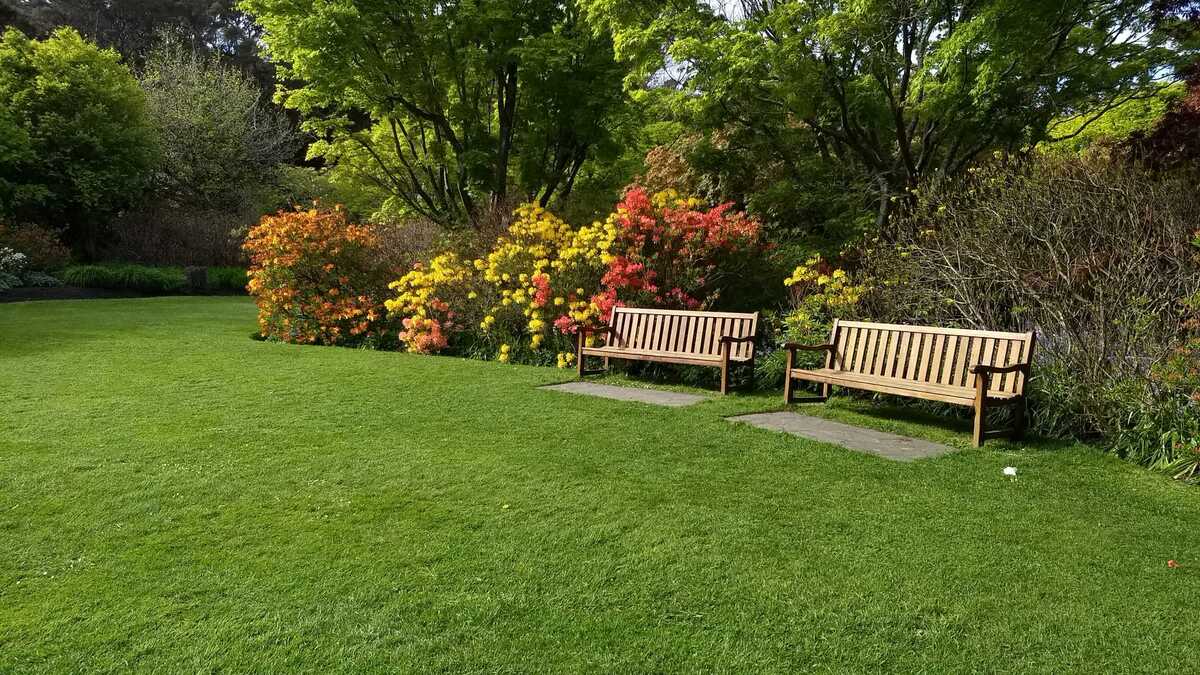
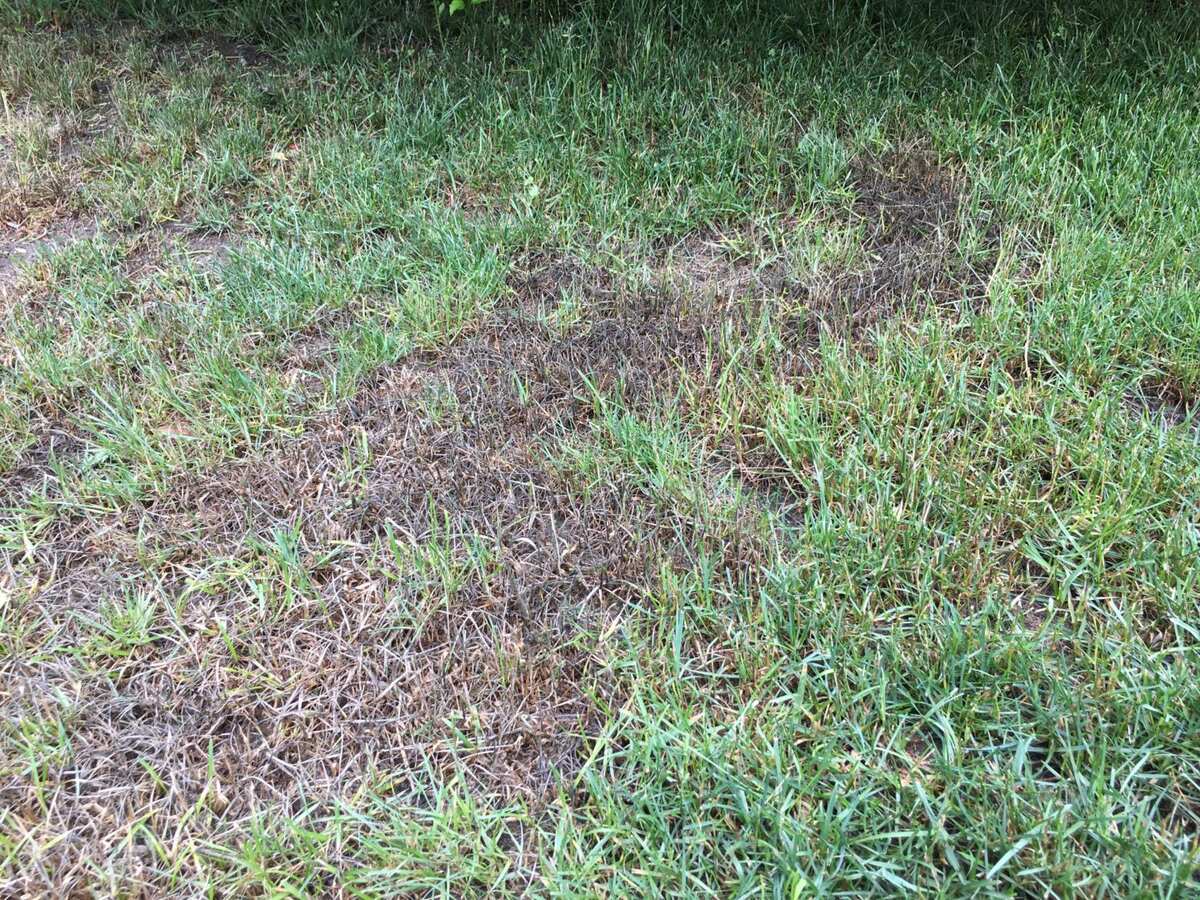
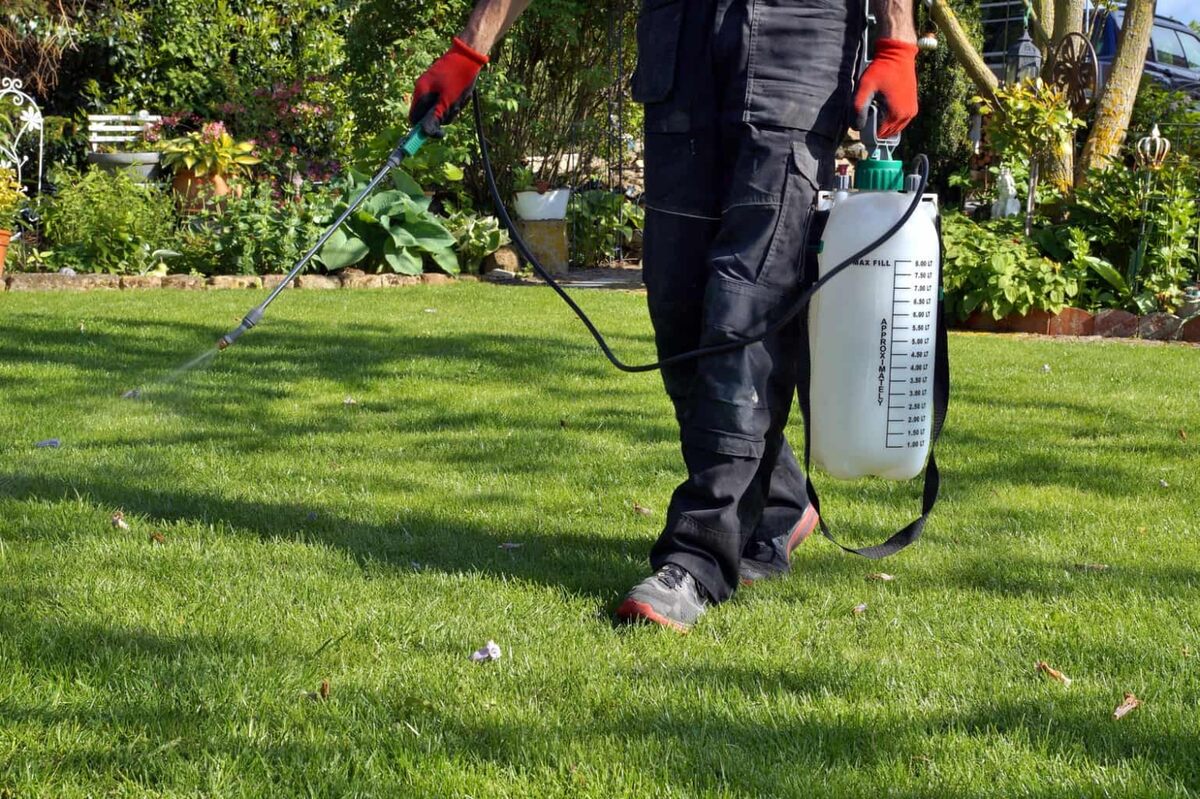
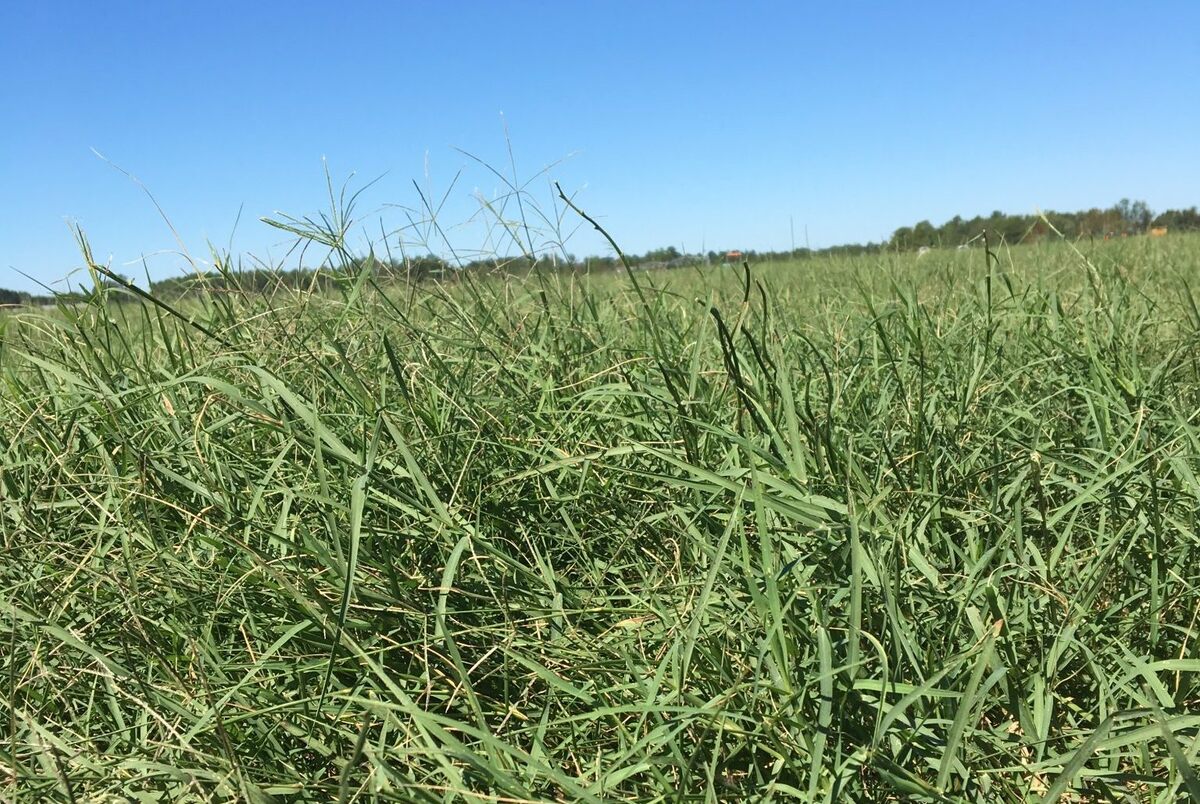
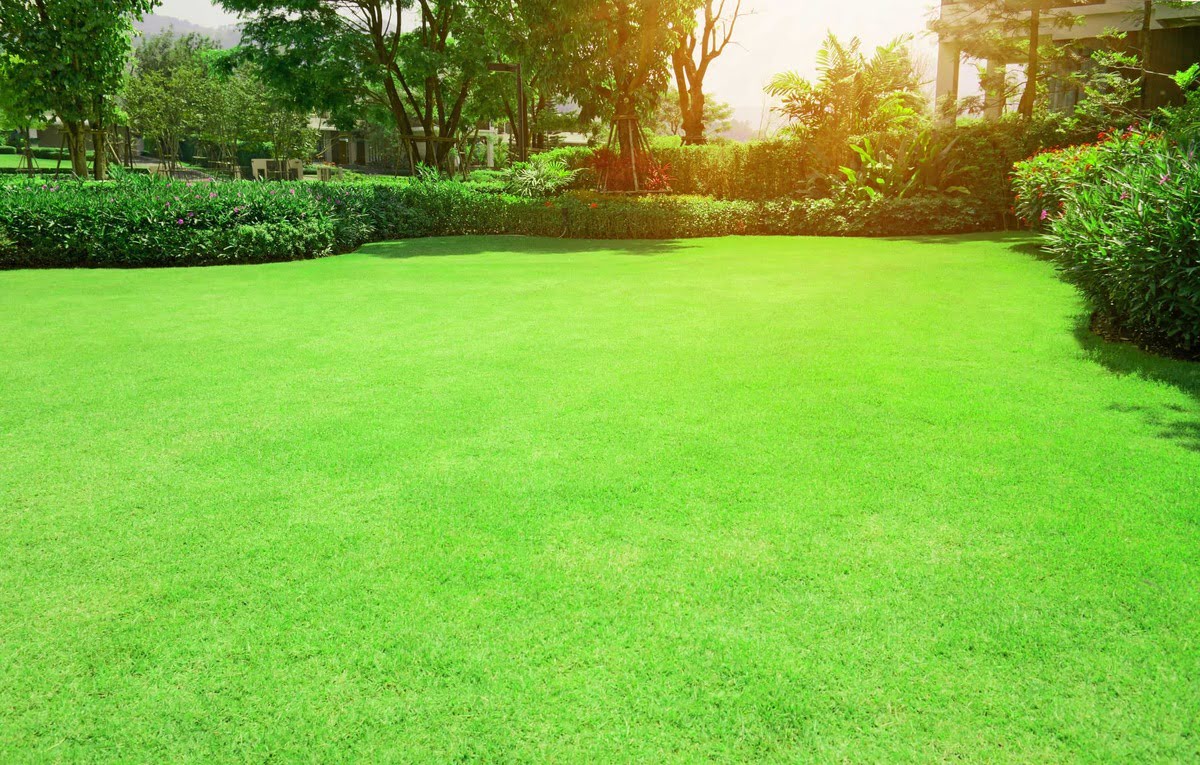
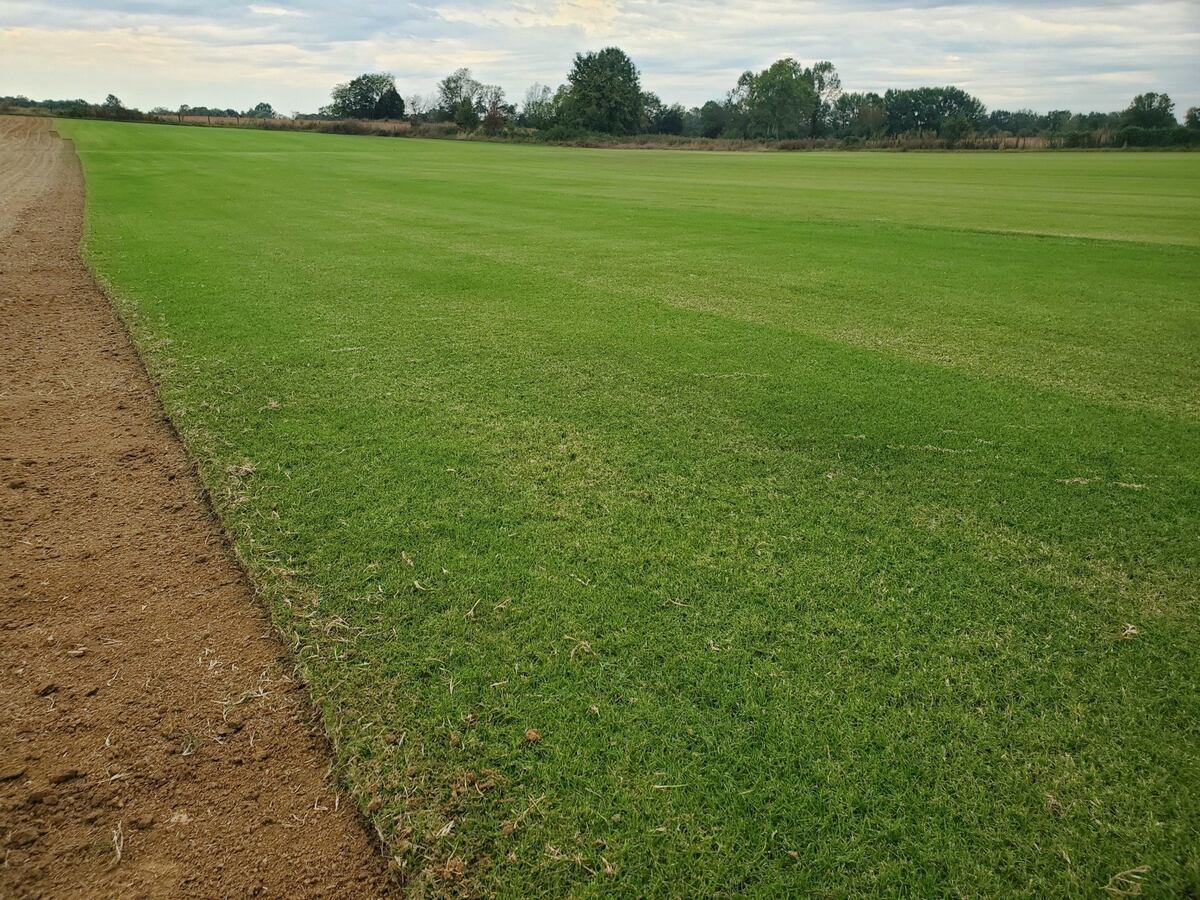
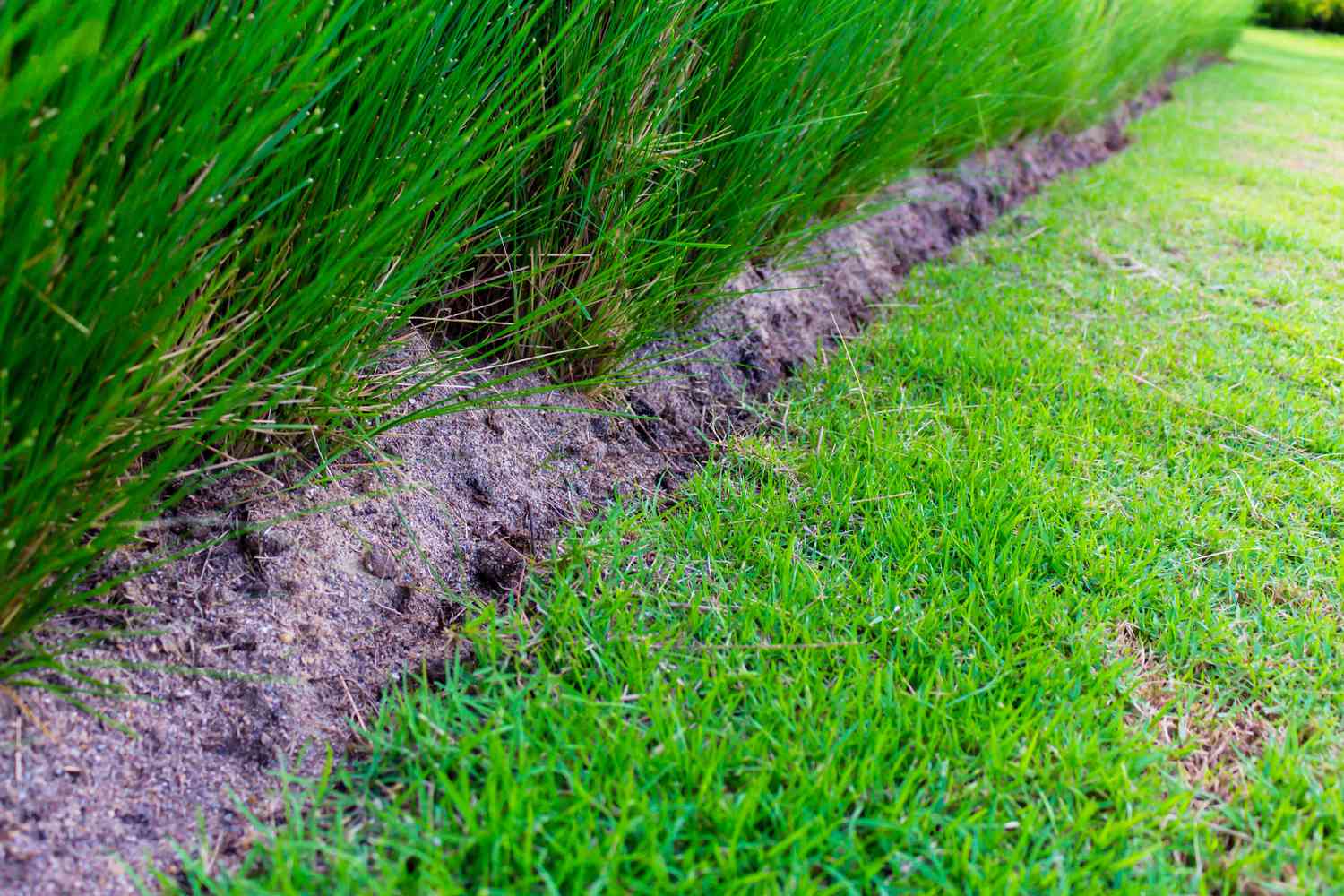
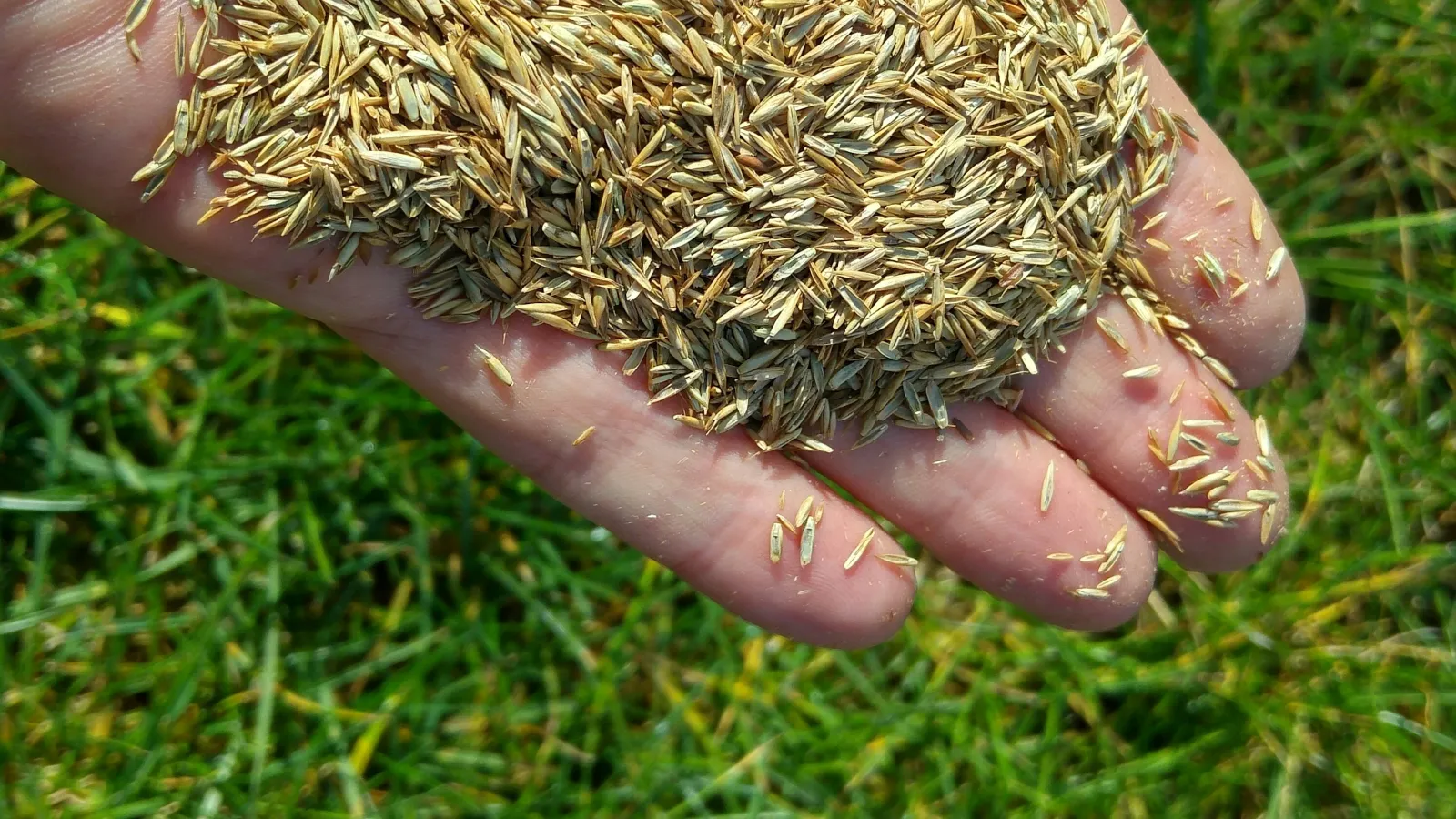

0 thoughts on “How To Treat Weeds In Bermuda Grass”